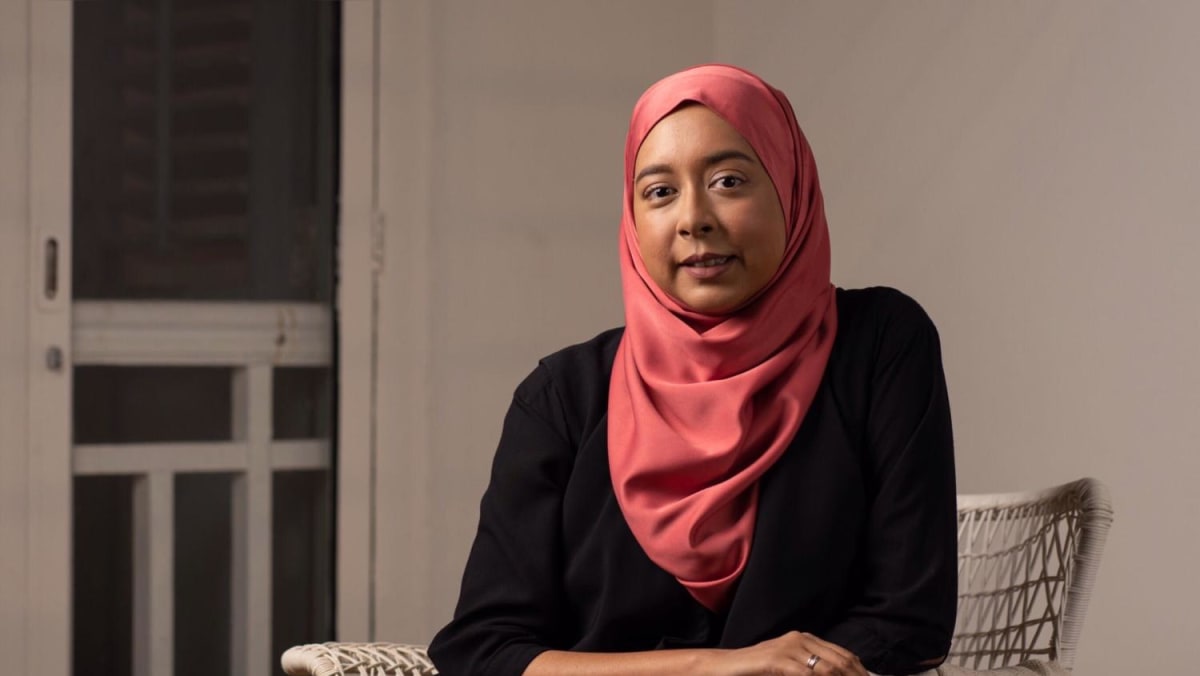Over the past two years, in addition to living through a global pandemic, I have become a mother while running my nonprofit The Codette Project and holding a full-time job.
Although it has been difficult, it has also become very clear to me that there are many more women juggling even more difficult situations at home and at work, and that it is high time for us to imagine better and fairer workplaces for all.
If the pandemic has taught us anything, it’s that there are great disparities within and between societies, and we need to do something to stop these gaps from widening.
It should be emphasized that a fair workplace for all is not a zero-sum game.
If we can improve fatherhood arrangements, for example, men could benefit from flexible working hours and they could spend more time at home with the children, as I’m sure many fathers would like to do.
So here is my personal wish list of what I hope companies will do to start creating fairer workplaces for everyone:
RETHINKING HUMAN RESOURCES PRACTICES
First, we need to eliminate the culture of confidentiality surrounding compensation packages.
This is a practice that only benefits businesses, while preventing employees from knowing if they are being properly compensated based on their skills and experience.
Having a more transparent culture around pay will help women know if they are getting equal pay for equal work.
Second, companies that want to retain staff for the long term really should be more generous with child, parent and family leave.
Consider offering unlimited parental leave or unpaid leave to parents for the first 12-18 months of their child’s life. Also offer it to parents of adopted and adoptive children.
I believe this will reduce staff turnover, especially for new parents and those wishing to become parents.
Third, I would ask for a complete overhaul of the job application process.
To move towards a more equal society, the resumes and resumes we submit for job applications should not include identifying criteria such as photographs, gender, ethnicity, religion, age, or even names. It should simply be a statement of the candidate’s experience and skills.
This would help reduce bias in the selection process and focus on skills-based hiring.
Fourth, there should be a clear and reasonable rationale for any type of uniform or dress code. It is disappointing and illogical that there continue to be seemingly arbitrary corporate guidelines regarding uniforms and dress codes in some organizations.
Any company that insists on uniforms or dress codes must also bear the cost of providing the required items, as well as the cost of regularly cleaning those items. This could be done by providing an additional clothing allowance on top of existing compensation packages.
This should be the norm, especially for sectors such as sanitation and health, where workers have sacrificed a lot during the pandemic.
BE INTENTIONAL IN DIVERSITY EFFORTS
When highlighting success stories within the organization, companies should strive to seek out diverse examples.
Research has shown that seeing examples of successful individuals from diverse backgrounds is important, not just for people of similar demographic groups, but for everyone, as it helps us reimagine who can be considered successful. .
This is something that excites me deeply.
In March 2022, The Codette Project launched Singapore’s first women in tech photo exhibit, “Success Looks Like This” which showed real minority/Muslim women in tech and their stories.
It was impressive to see so many women feel seen and recognized for their accomplishments.
RETHINKING PHYSICAL SPACES AND THOSE WHO NEED THEM
Rather than sticking to the outdated trends of shared offices and open offices, companies should carve up spaces based on user needs.
This could mean reallocating corner offices to wheelchair users and nursing mothers rather than senior managers.
As the first organization to launch an all-women’s hackathon in Singapore in 2018, The Codette Project provided prayer and meditation spaces, child care and breastfeeding rooms during our hackathons.
Back then, hackathons generally did not reflect the needs of a diverse population, as they were created with a very specific and narrow idea of who would attend.
This excluded many different groups, including mothers and underrepresented groups from these events.

